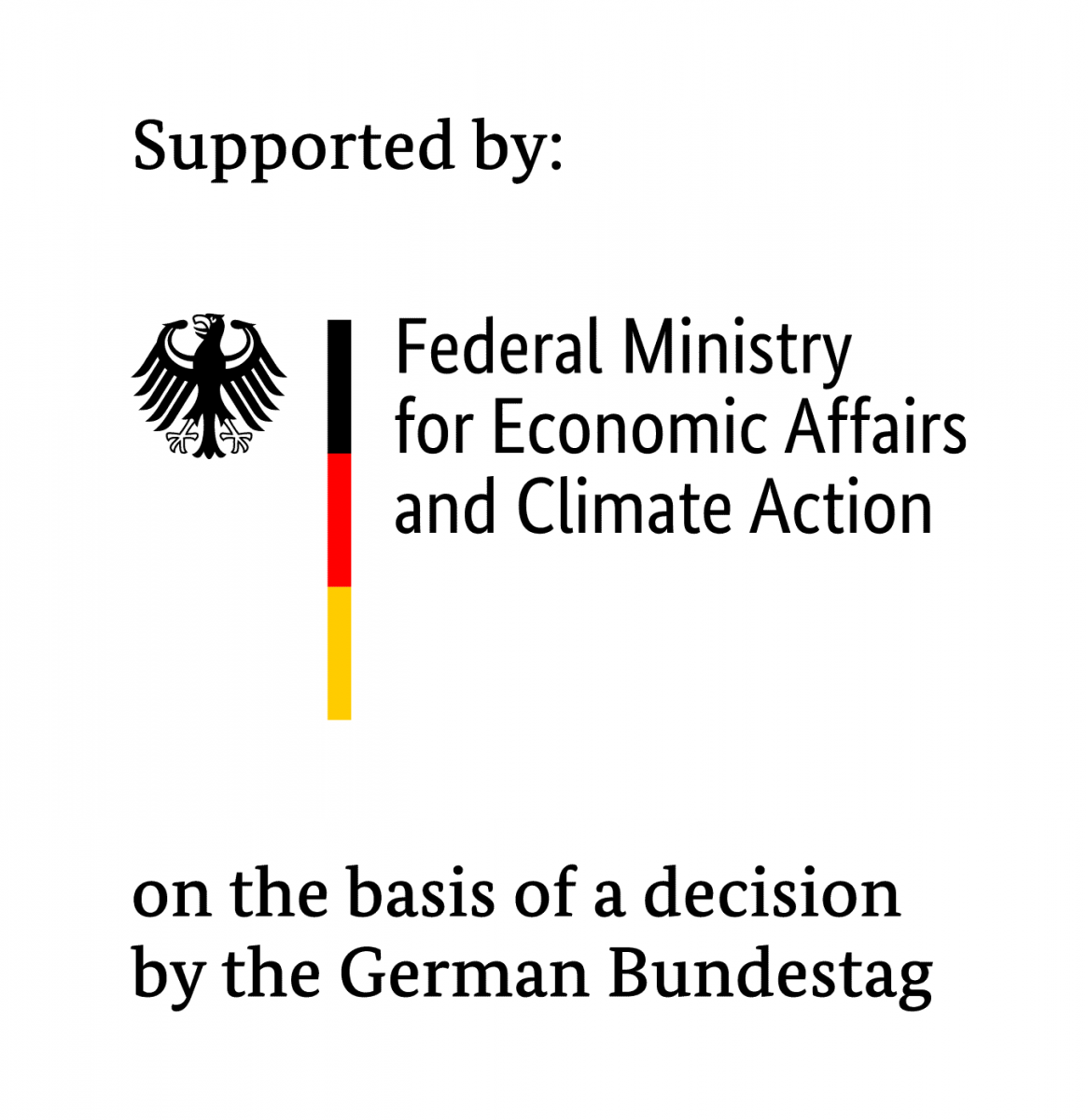GEOWISOL2
Analysis of the geographical distribution of wind and solar feed-in and their influence on the power grid
Due to the natural fluctuation of renewable energies such as wind and solar energy, their share in electricity generation also increases the dynamic load on the German electricity grid. In order to create a precise location- and time-resolved knowledge of the feed-in and demand quantities, a database was developed within the precursor project GEOWISOL, which provides these as 15-minute mean values and with a local resolution in the 2-digit postcode area.
Project objectives and project priorities
The aim of the GEOWISOL2 project is to add feed-in data for other energy sources (e.g. offshore wind energy, biogas, hydropower) and to map the determined geographical distribution to the real power lines existing in the grid in order to expand the existing database. On this basis, the transmission volumes in the current expansion state and for future expansion scenarios are to be analysed and evaluated over time. In particular, the integration of offshore wind energy will be taken into account. This serves the local evaluation of future energy turnaround infrastructure projects (e.g. sector coupling, grid expansion, energy storage, etc.).
The sub-project "Integration of offshore wind energy and definition of expansion scenarios", which will be realised by the OFFSHORE-WINDENERGIE foundation, comprises in particular the integration of offshore wind energy into the database. Offshore wind energy has gained in importance for the German electricity market in the recent years due to its intensive expansion.
In the predecessor project GEOWISOL, the feeding of offshore wind energy into the power grid has not yet been considered in detail. Against the background of future expansion targets, the integration of offshore wind energy is of particular importance due to its concentrated geographical arrangement.
Project partners
The project coordinator is the Bremen Institute for Metrology, Automation and Quality Science (BIMAQ) at the University of Bremen. Other partners are Deutsche WindGuard GmbH, Energy & meteo systems GmbH and the OFFSHORE-WINDENERGIE foundation.
Project period and funding
The project has a duration of 3 years (January 2019 - December 2021) and is funded by the Federal Ministry of Economics and Energy (BMWi).
Contact persons
Philipp Tremer (p.tremer@offshore-stiftung.de)
Analysis of the geographical distribution of wind and solar feed-in and their influence on the power grid (GEOWISOL2)
